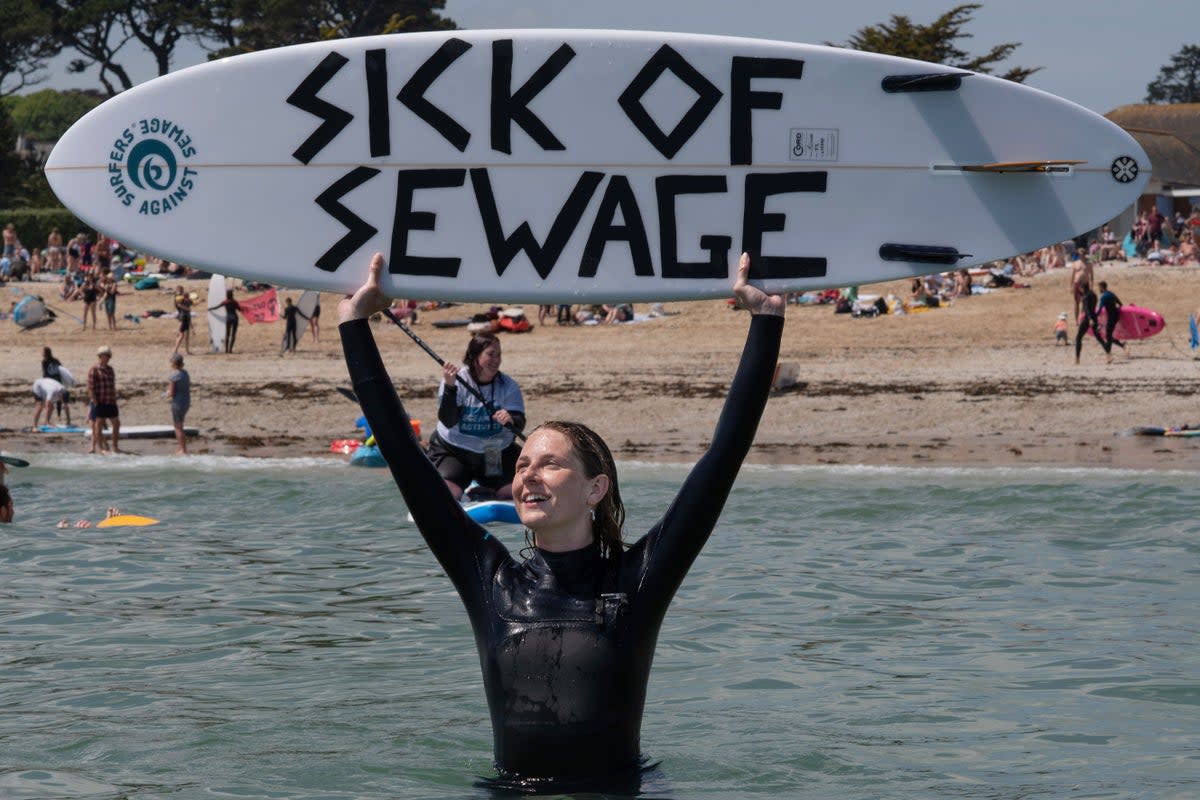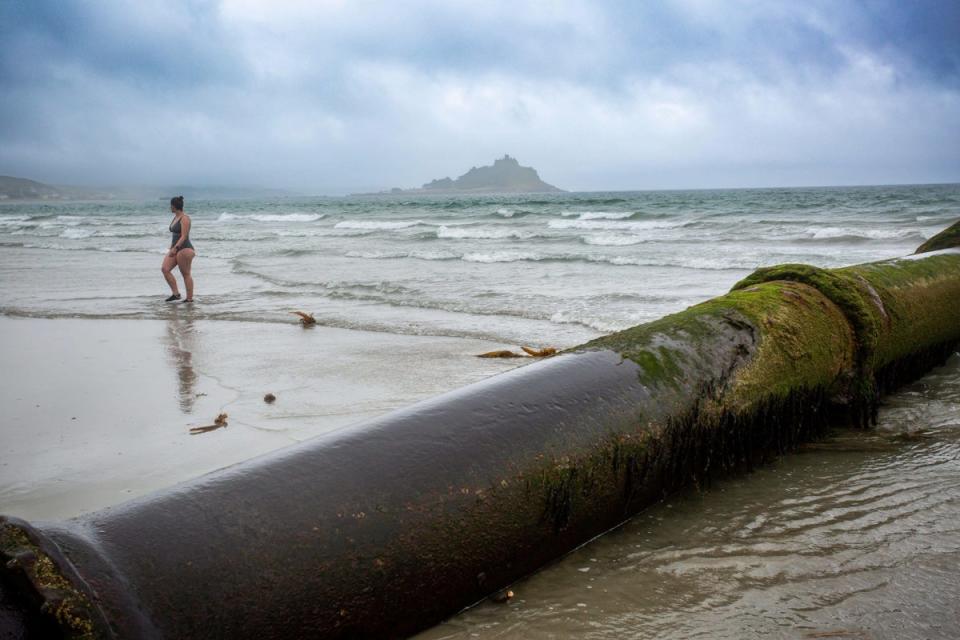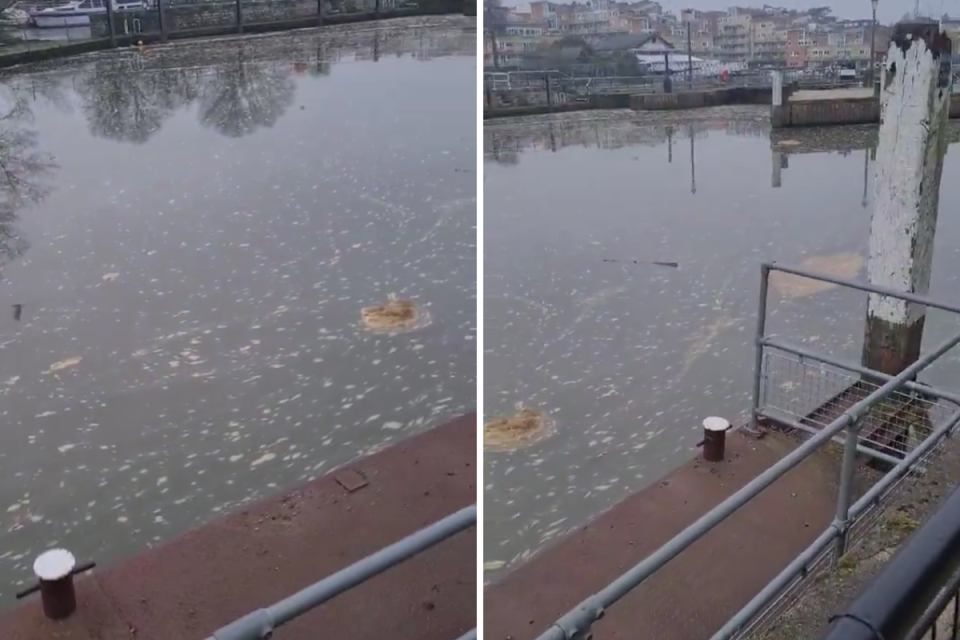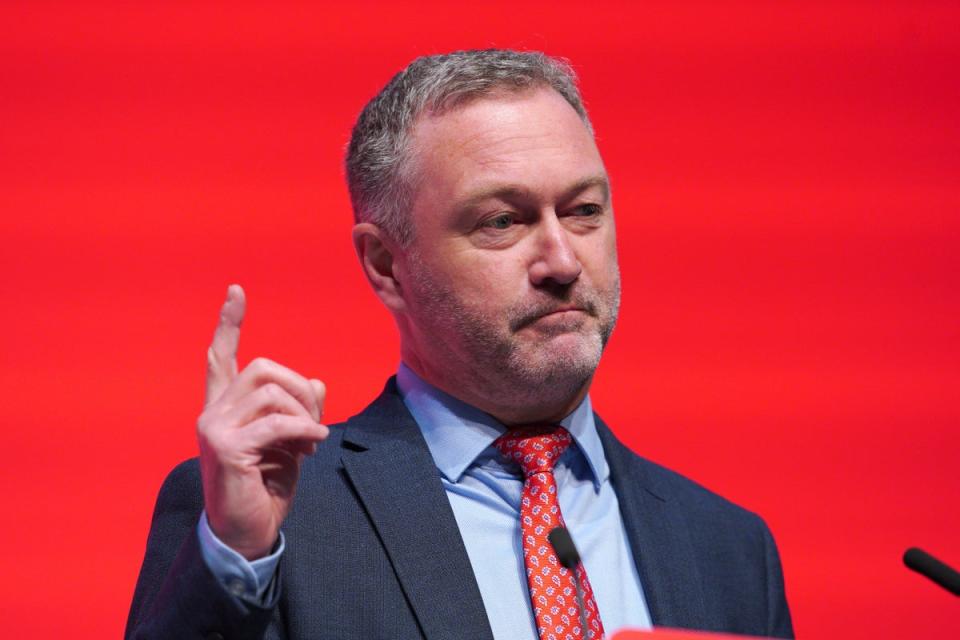Waterborne diseases on the rise say Labour who vow to put rogue water companies into 'special measures'

Thousands of people have ended up in hospital with waterborne diseases since 2010, according to Labour who vowed to put rogue water companies into “special measures”.
Cases of waterborne diseases such as dysentery have soared by nearly 60% in the last 14 years, according to the party’s analysis of NHS hospital admissions data.
It said the number of people admitted to hospital with diseases transmitted via waterborne infection has risen from 2,085 in 2010/11 to 3,286 in 2022/23.
The party said the statistics showed in the last year alone more than 120 people were diagnosed with leptospirosis – a rare infection also known as Weil’s disease that can cause fever and vomiting – double the number diagnosed with it in 2010.

One of the ways of contracting the disease is by getting freshwater containing infected animal urine into your mouth, eyes or a cut during activities such as kayaking and outdoor swimming, according to the NHS.
It came as figures this week revealed storm overflows spilled sewage into rivers and seas for more than 3.6 million hours in 2023, more than double the previous year.
There is growing anger over the polluted state of England’s rivers and coasts, with no single stretch of river classed as being in a good overall condition, and hundreds of pollution risk alerts issued for popular beaches around the country last year.

Fury with the water industry intensified on Thursday when Thames Water revealed its funding crisis had deepened after shareholders refused to give the troubled utility extra cash.
It is understood investors pulled the funding plan that was agreed last summer after the regulator Ofwat refused to bow to the debt-laden water giant’s demands for a 40% bill hike for customers and an easing of capital spending requirements, as well as leniency on penalties for failing to meet targets.
Labour shadow environment secretary Steve Reed said: “It is sickening that this Conservative government has turned a blind eye to illegal sewage dumping that has put thousands of people in hospital.
“To make matters worse, consumers face higher water bills while water bosses pocket millions in bonuses.
“Labour will put the water companies under special measures to clean up water. We will strengthen regulation so law-breaking water bosses face criminal charges and give the regulator new powers to block the payment of any bonuses until water bosses have cleaned up their filth.
“With Labour, the polluter – not the public – will pay.”

Richard Walker, former chairman of Surfers Against Sewage, said Labour’s plan was “the tough action required to get our vital utilities back to serving the public interest”.
He said: “Everyone deserves to enjoy our beautiful coastline and rivers without the fear of getting sick because some fat cat has been shovelling out dividends rather than investing in vital improvements.”
Storm overflows dump untreated sewage into rivers and seas, usually during heavy rainfall, to stop sewers backing up.
Water firms have said they want to triple investment to £10 billion over the period 2025-2030 to tackle the problem, which would be paid for through consumer bills.
A Conservative spokesperson said: “Labour’s botched-together announcement today is entirely made up of measures this Government is already delivering under our Plan For Water.
“It shows that, unlike the Conservatives, Keir Starmer and his party have no plan for cutting sewage spills and holding water companies to account. They would take us back to square one.”
A Government spokesperson said: “We have been clear the volume of sewage discharged into our waters is completely unacceptable and water companies need to clean up their act fast.
“We are already taking tough action to hold them to account, including demanding record levels of fast-tracked investment, ensuring a 100% monitoring of storm overflows, a quadrupling of water company inspections, and are currently consulting on a ban on water bosses’ bonuses, when criminal breaches have occurred.
“This is in addition to the stringent targets in place for water companies to reduce sewage spills – frontloading action at designated bathing waters to make the biggest difference to these sites as quickly as possible.”


